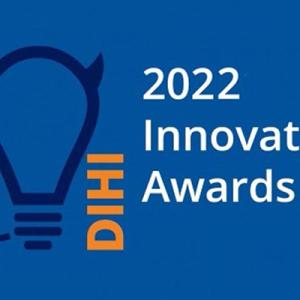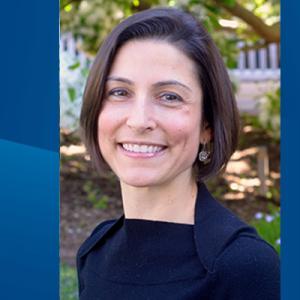Faculty Awarded NIH Grant to Study IBD Therapy
Congratulations to Drs. Luis Ulloa and Wei Yang on receiving a $442,750 R21 grant for their project to pursue research of a novel anti-inflammatory target in inflammatory bowel disease.
Dr. Berger Awarded NIH Grant to Study a Genetic Variant of Alzheimer’s Disease
Congratulations to Miles Berger, MD, PhD, on being awarded a $3.8 million grant to further study how and why APOE4 contributes to neurocognitive decline and an increased risk of Alzheimer’s.
Dr. Yang Appointed Program Director
Congratulations to Wei Yang, PhD, FAHA, on being named director of the department’s Multidisciplinary Brain Protection Program, which aims to discover novel and effective therapeutic strategies of brain protection and recovery.
Fish Oil Appears to Ease Post-Operative Delirium in Pre-Clinical Studies
Newly-published research in the British Journal of Anaesthesia by lead author Dr. Niccolò Terrando reveals omega-3 fatty acids protect the blood-brain barrier, effectively reducing instances of inflammation in the brain.
Dr. Ji Awarded $1 Million DoD Grant
Congratulations to Ru-Rong Ji, PhD, on receiving a four-year, $1,608,140 Department of Defense grant for his research aimed at developing a novel therapeutic for treating acute and chronic pain.
Celebrating 30 Years of Academic Evening
A near record-breaking number of 91 abstracts were showcased at Duke Anesthesiology’s 30th Annual Academic Evening, an event that aims to advance anesthesia, critical care and pain management. Congratulations to all of the award winners!
Duke Anesthesiology Faculty Win Duke Innovation Award
Congratulations to the multidisciplinary team, which includes three anesthesiologists, on winning a 2022 Duke Institute for Health Innovation award for their novel project focused on enhanced decision support for perioperative care.
WTVD-TV Interviews Dr. Jordt About FDA’s Proposed Menthol Cigarettes Ban
Duke Anesthesiology’s Sven-Eric Jordt, PhD, speaks with ABC-11 about an FDA proposal that cites three key publications from his lab in its scientific justification of the ban.
Dr. Gulur Featured on WNCN-TV
Following newly-published research about product labels, Dr. Padma Gulur, director of pain management strategy and opioid surveillance at Duke, shares her expertise about how to prevent accidental acetaminophen overdoses.
Dr. Nackley Awarded NIH IGNITE Grant
Congratulations to Andrea Nackley, PhD, on being awarded a $1,106,152 Innovation Grants to Nurture Initial Translational Efforts (IGNITE) grant for her research aimed at developing a novel model for screening analgesics.










